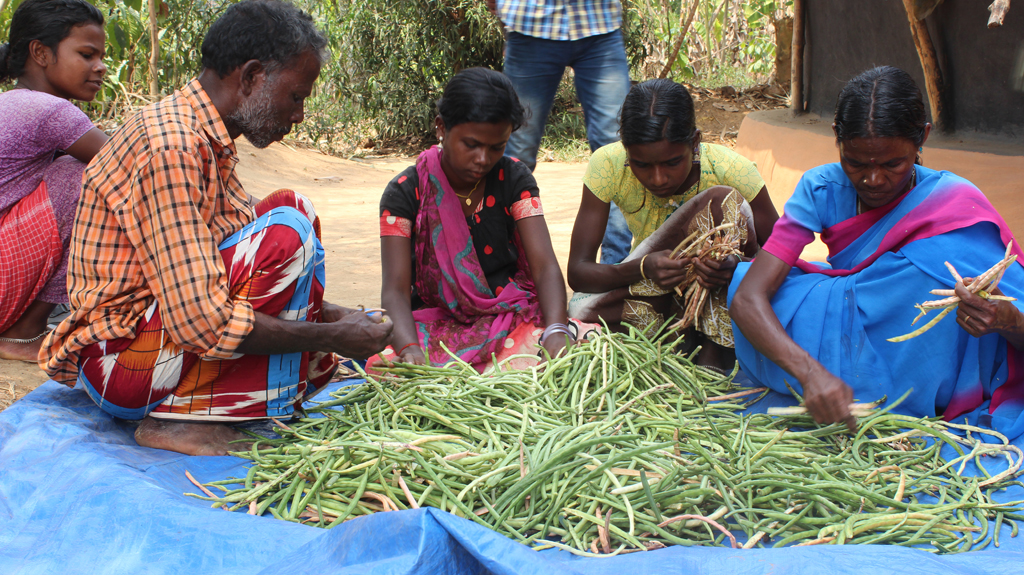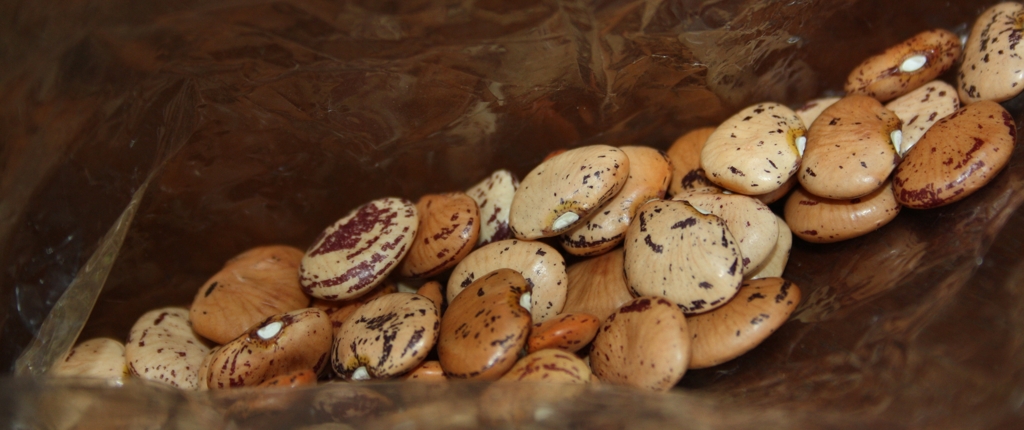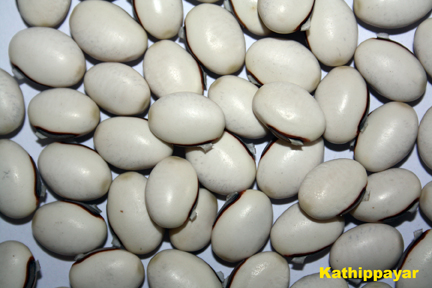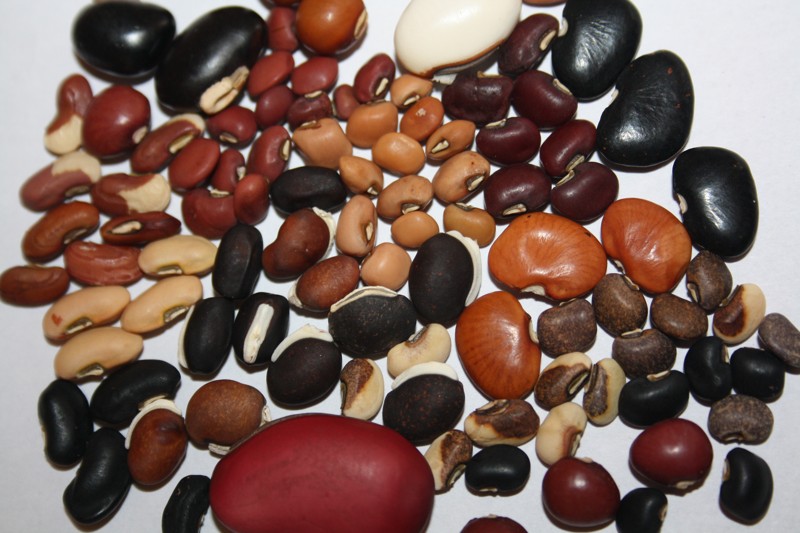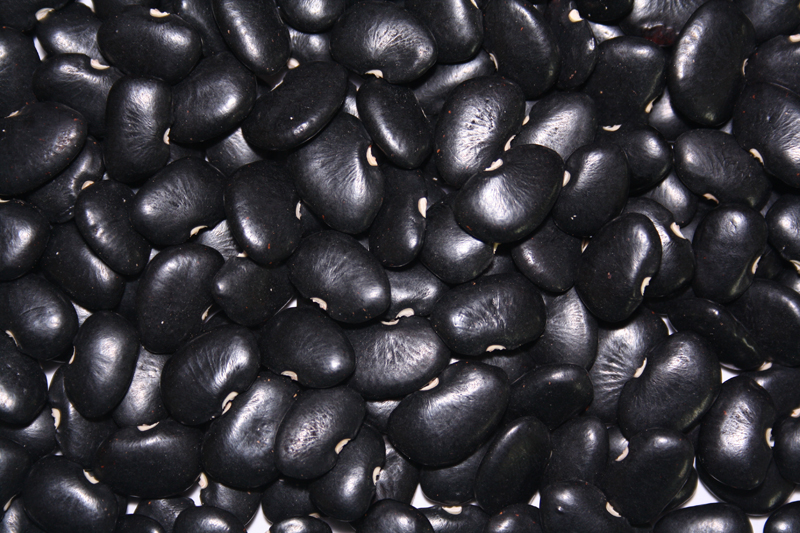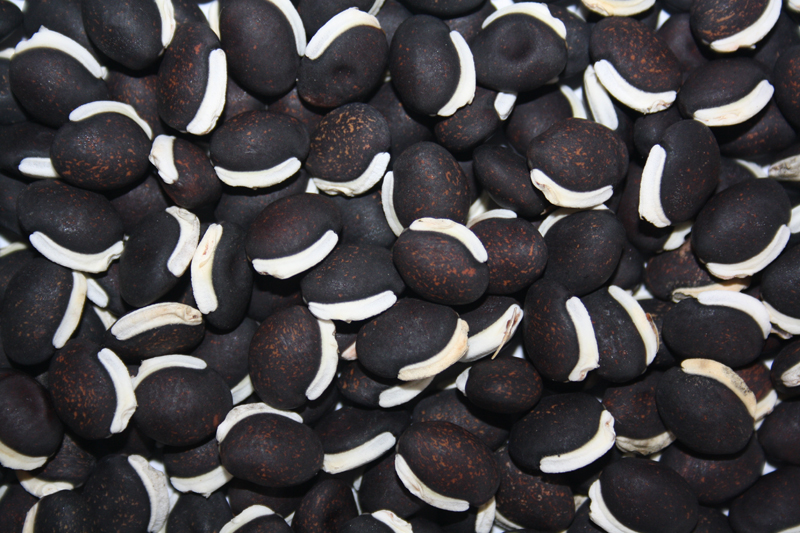February 10th is observed as “World Pulses Day” every year as declared by the United Nations since 2019 to generate awareness on the importance of pulses. This day also showcases the need for more access to this nutritional powerhouse among the underprivileged section of the population around the world. Celebration of this day throws light on the crucial role legumes, commonly known as pulses can play in achieving some of the targets of United Nations’ 2030 Agenda for Sustainable Development. The day highlights the nutritional importance of pulses in achieving food and nutritional security specially for the marginalised section of the society.
This year’s theme for the day is “Pulses to empower youths in achieving sustainable agri-food systems” recognising the potential pulses have to generate livelihoods and sustainable food systems.
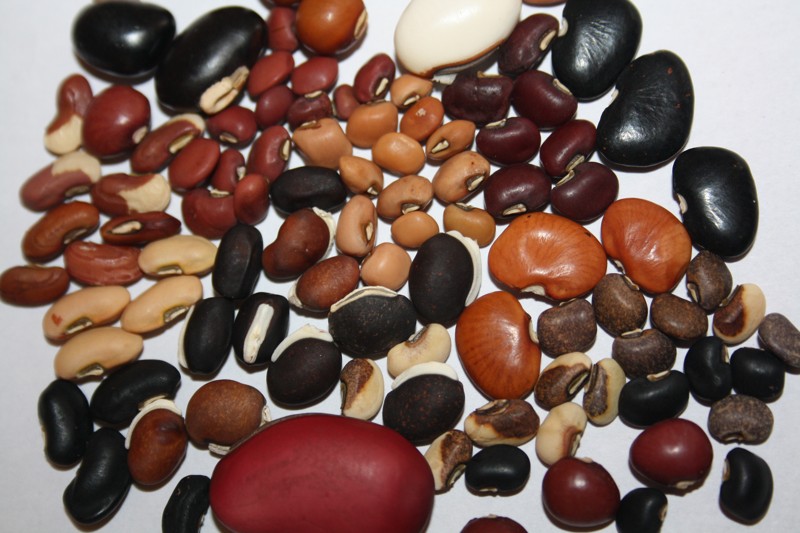
Why pulses are a sustainable nutritional powerhouse?
Pulses are the seeds obtained from the cultivation of leguminous crops for culinary purposes. These seeds are a bundle of nutrients mainly proteins that are crucial for a healthy and balanced diet. In a country like India, pulses have been an integral part of the cuisine with immense diversity at the genetic and species level as well as the culinary level. India is home to a variety of legumes mainly beans, lentils, peas, and many more which form part of the daily diet. Apart from being an important source of vegan protein, pulse crops also help in improving soil health through nitrogen fixation thus aiding towards making the farming system more productive and feasible. Their diverse roles as green manure crops or short duration crops help the farming community in getting healthy soil with additional income generation. United Nations also reflects how pulses contribute to creating livelihood opportunities and equity which are essential for sustainable agrifood systems. Pulses also employ women from the rural areas and the youths engaged in farming. Moreover, legumes also have the added advantage of being climate-resilient and can survive easily under drought stress and degraded soils which contribute to a lower carbon and water footprint. Overall, pulses are climate-resilient, nutritionally dense; source of livelihood, easy to cultivate & store and help enhance soil microbial health which all contributes to a sustainable food system.
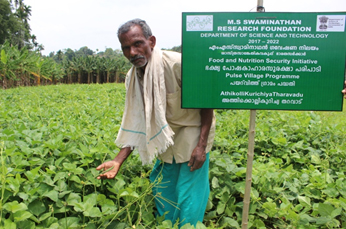
Pulse Seed Villages: A path towards sustaining nutrition, livelihoods and agroecosystem
Recognizing the importance of pulses in nutrition and livelihood, ‘Pulses seed village programme’ was started from 2018 onwards by MSSRF-Community Agrobiodiversity Centre, Wayanad. Kerala, especially Wayanad is home to a vast genetic diversity of pulses primarily cowpea, that form an important part of the food palate. To harness this diversity and its potential to enhance nutritional and livelihood security, the programme was initiated to bring together various farmers in a village for the production and conservation of pulses. Good quality seeds of pulses (cowpea) were provided to the community to be cultivated in the paddy field after harvest. Over the period of 3 years, the pulses villages have extended to 64 acres in nine sites of Wayanad and Kannur district namely Peralassery, Anery, Puthoorvayal, Athikolly, Paramoola, Nambikolly, Kallamchira, Alathoor and Palliyara villages.
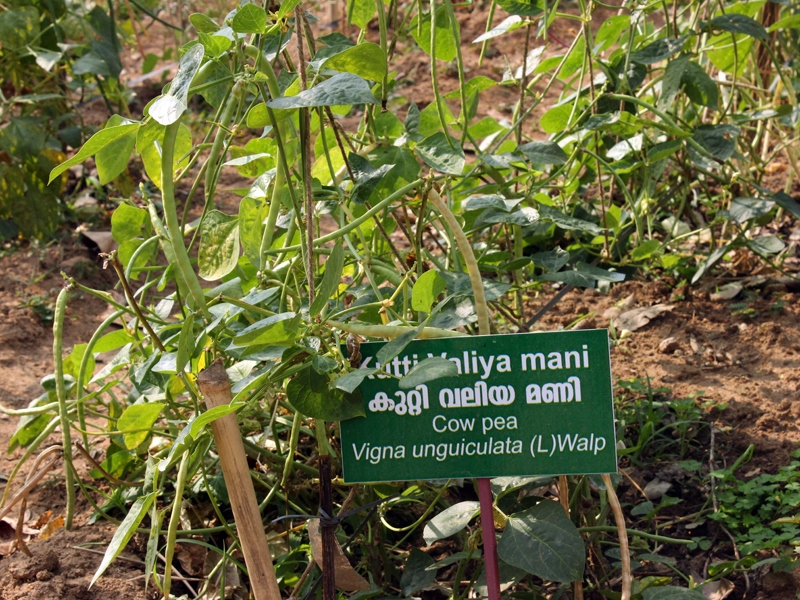
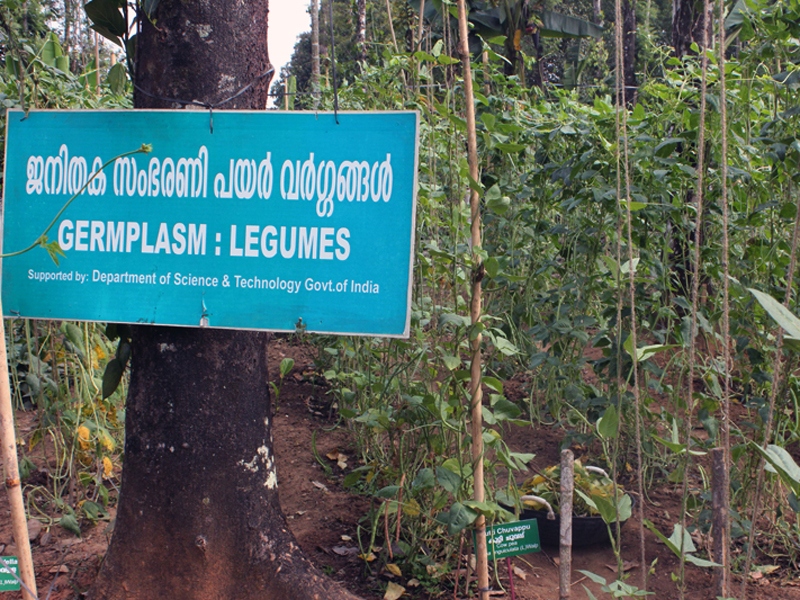
The programme is benefitting around 67 families across the districts mainly focusing on tribal communities. This activity was carried out particularly to ensure the availability of good quality seeds of pulses to enhance the production of pulses in the selected programme sites of CAbC. Pulses seed village programme could enhance livelihood and nutrition of the poor since it is climate resilient, protein-rich crop. Improving soil health through zero cost during the fallow season in paddy fields is the other objective of the programme. The increasing cost of ploughing and erratic rainfalls are the key challenges faced for the up scaling of the activity but nevertheless, being a less input-intensive crop, pulses have helped the farmers in getting additional income coupled with added nutrition through legumes. The overarching goals reached through the Pulse Seed Village programme include
- Increased access to pulses among beneficiary families
- Ensured quality pulses seed supply to needy farmers (500 kg seed supplied)
- Enhanced soil quality and fodder availability for cattle
Looking forward, the Centre plans to extend the programme area to more villages to sustain production and conservation of traditional cowpea varieties along with sustaining soil health and food & nutrition security of the marginalized section of the society.

